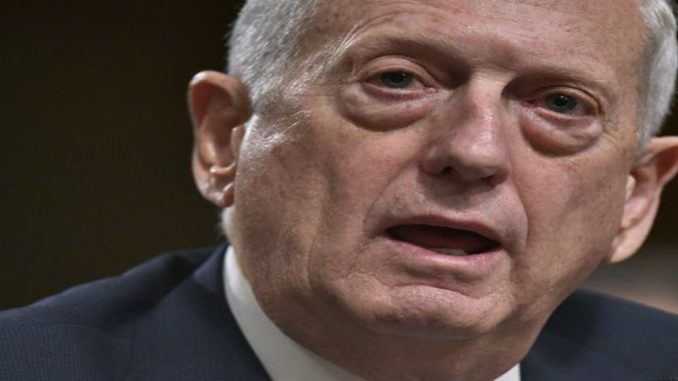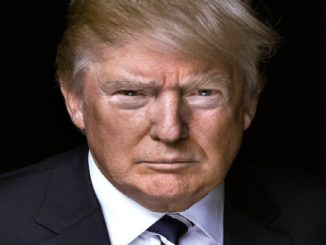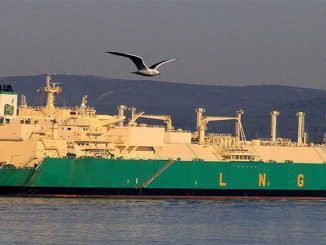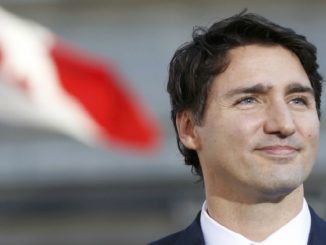
The US does not need to find an alternative airbase to Al Udeid in Qatar, which continues to operate normally despite the blockade on the Gulf state, James Mattis said.
There is no need to look for an alternative airbase since the US airbase in Al Udeid in Qatar continues to operate normally despite the blockade, US Defence Secretary James Mattis said in an interview posted on the official site of the US Department of Defence.
Mattis’ comments come following remarks made by US President Donald Trump during an interview to CBN News on Wednesday, in which he said if his country had to leave the airbase in Qatar there would be “ten countries willing to build us another one, believe me, and they will pay for it”.
While Trump stressed that his country is “going to have a good relationship with Qatar”, and there would be “no problems with the military base,” he also said “if we ever needed another military base, you have other countries that would gladly build it”.
Qatar is home to the US military’s largest air base in the region, Al Udeid, with over 11,000 US troops stationed there. The Gulf state has come under blockade by key US ally Saudi Arabia, as well as the UAE and Bahrain.
Mattis stressed that the current Gulf crisis has had no effect on the operations of Al Udeid airbase, which “continue(s) to operate around the clock, and the supplies are there”, adding “There’s no need to look at alternatives”.
“There’s just been no impact yet. That’s not to say we don’t want to see this resolved, and resolved as soon as possible with everybody. Everybody working against terrorist financing, not just Qatar, but everybody.”
Saudi Arabia, along with the UAE, Bahrain and Egypt, imposed a boycott on Qatar since June 5.
They have imposed sanctions on Doha, including closing its only land border, refusing Qatar access to their airspace and ordering their citizens back from Qatar.
They also presented the emirate with a list of 13 demands with which to comply to end the worst political crisis in the region for years.
Qatar denies the charges of extremism and called the demands “unrealistic”.



